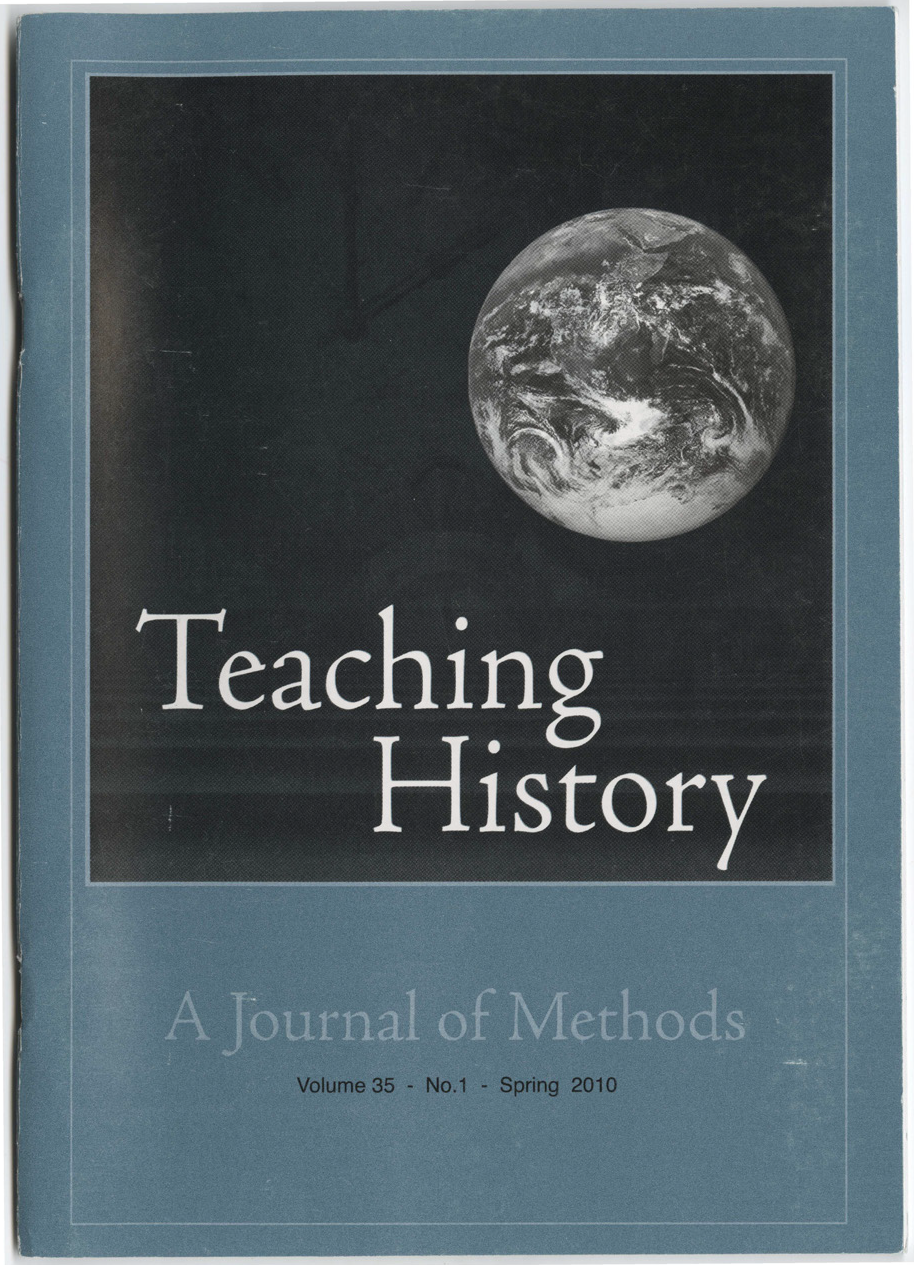The Demise Of Slavery In The District Of Columbia, April 16, 1862
DOI:
https://doi.org/10.33043/TH.35.1.36-40Abstract
On Thursday, May 22, 1862, Margaret C. Barber of Washington, D.C. stood before the Board of Commissioners for the Emancipation of Slaves in the District of Columbia. She presented a claim to the Commission to be compensated by the Federal Government, which had freed her 34 slaves. She was not alone in making such a request, as more than 1,000 District residents filed similar documents, but hers was the second largest. Documents from her claim provide a vantage point onto both the institution of slavery and the beginning of its demise during the Civil War.
As of April 16, 1862, all slaves within the District of Columbia were freed by the "Act for the Release of Certain Persons Held to Service or Labor in the District of Columbia," passed by the U.S. Congress. According to this Act,
All persons held to service or labor within the District of Columbia by reason of African descent are hereby discharged and freed of and from al I claim to such service or labor; and from and after the passage of this act neither slavery nor involuntary servitude, except for crime, whereof the party shall be duly convicted, shall hereafter exist in said District.
The Act passed after considerable congressional and Presidential debate and compromise. Some urged a cautious approach for fear of alienating slaveholding border states such as Kentucky. Abolitionists wanted immediate emancipation without compensation to slave owners, with some suggesting compensation be given to slaves instead. Non-abolitionists tended to favor compensation to former owners.
Downloads
Downloads
Published
How to Cite
Issue
Section
License
Copyright (c) 2010 Michael Hussey

This work is licensed under a Creative Commons Attribution-NonCommercial-NoDerivatives 4.0 International License.
By submitting to Teaching History, the author(s) agree to the terms of the Author Agreement. All authors retain copyrights associated with their article or review contributions. Beginning in 2019, all authors agree to make such contributions available under a Creative Commons Attribution-NonCommercial-NoDerivatives 4.0 International license upon publication.



